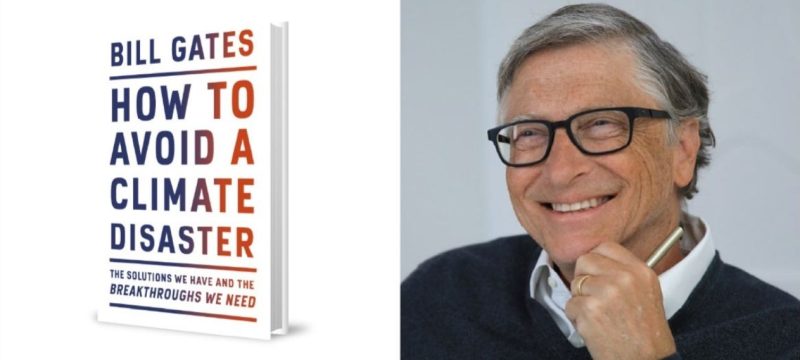Bill Gates, the Microsoft co-founder and longtime climate change advocate, has called for a major rethink of global climate strategy. Once one of the world’s most prominent voices warning about the dangers of global warming, Gates now argues that the world must move beyond what he calls a “doomsday outlook” and focus more on improving lives through innovation, resilience, and poverty reduction.
Shifting the Climate Conversation
Gates, who has invested billions through his foundation and his energy initiative Breakthrough Energy, told reporters that while climate change remains a serious threat, it is not an apocalyptic one. Instead of pouring vast sums exclusively into cutting carbon emissions, he believes world leaders should prioritize reducing human suffering and boosting resilience in developing nations.
“If I had to choose between reducing the temperature by 0.1°C or eliminating malaria, I’d pick malaria,” Gates said in remarks ahead of the upcoming COP30 summit in Brazil.
His comments mark a clear shift in tone. Gates argues that the world’s climate policy has become too narrowly focused on emissions reduction, diverting attention from urgent challenges like hunger, disease, and agricultural stability.
Rethinking Priorities Ahead of COP30
According to reports from Reuters, The Financial Times, and AP News, Gates has urged the United Nations and global leaders to “pivot” toward policies that measure success not just in reduced emissions, but in increased well-being.
He insists the next phase of the climate fight should emphasize:
- Expanding access to clean technology in poorer nations
- Investing in climate adaptation projects, such as drought-resistant crops
- Using AI and innovation to accelerate affordable renewable energy
Gates, who will not attend COP30, shared these views in a memo to world leaders, warning that “fear-driven” narratives risk alienating the public and misallocating global aid funds.
Balancing Adaptation and Innovation
While Gates remains committed to reducing greenhouse gas emissions, he believes climate goals must align with economic and humanitarian development. His foundation continues to support clean energy startups and agricultural research aimed at helping small farmers adapt to rising temperatures.
Analysts say this marks a strategic shift in how philanthropic and public-sector funding could be allocated — from rigid temperature targets toward resilience, innovation, and equitable growth.
However, critics caution that easing the focus on emission cuts could slow long-term progress in preventing climate tipping points. They argue adaptation and mitigation must proceed together to avoid irreversible damage.
The Bigger Picture

Gates’ revised stance reflects a broader debate emerging in global policy circles: whether humanity’s finite resources are better spent trying to stop warming or learning to live with it. His pragmatic tone underscores a growing belief that the climate fight is not just about saving the planet — it’s about saving people.
In other news also read about Kim Kardashian Reveals She Has a Brain Aneurysm in ‘The Kardashians’ Premiere









